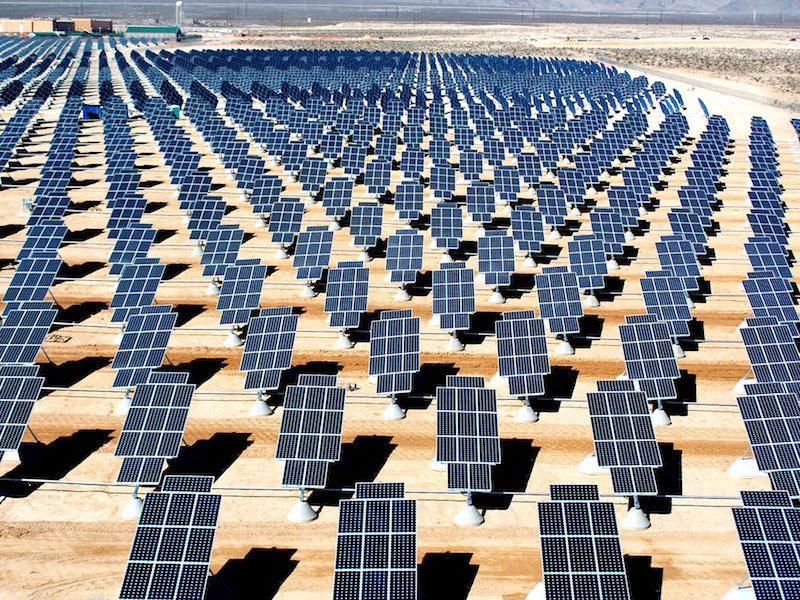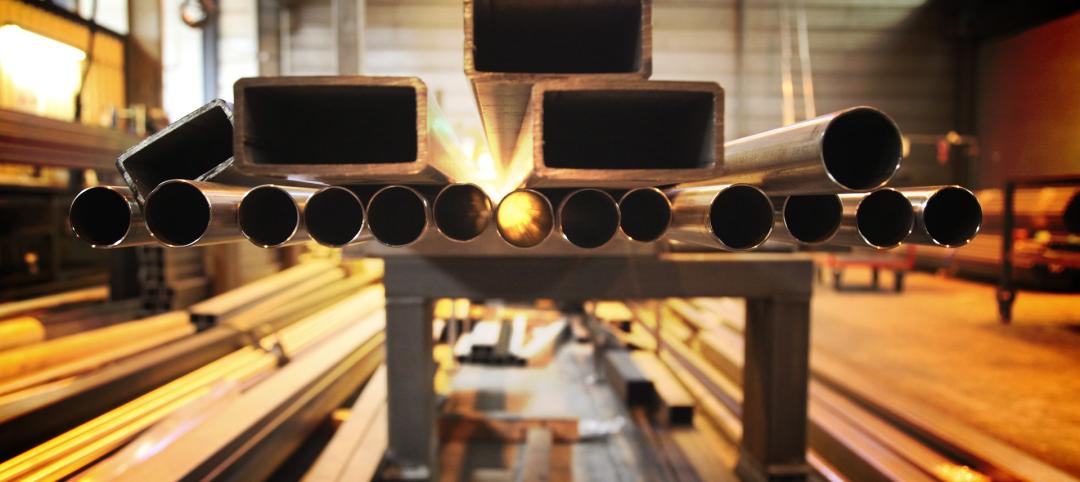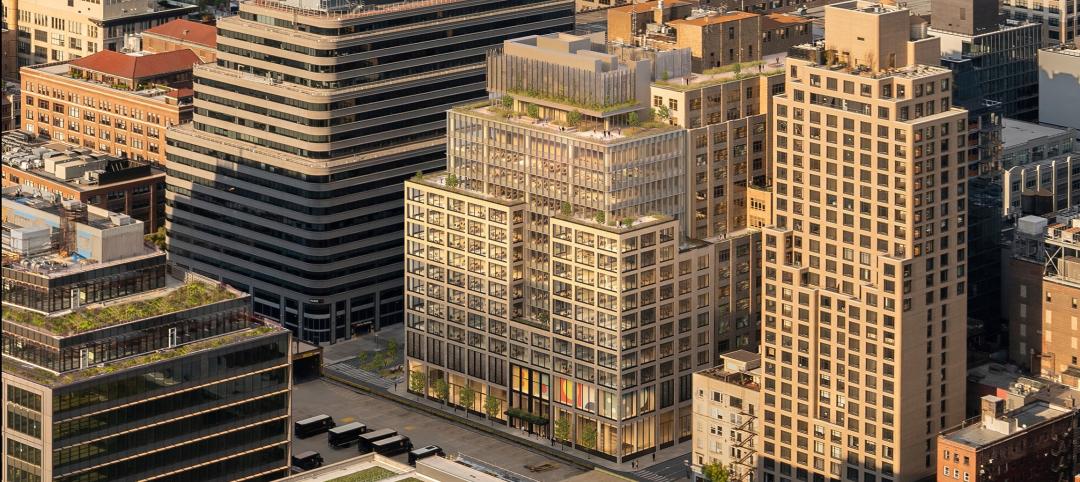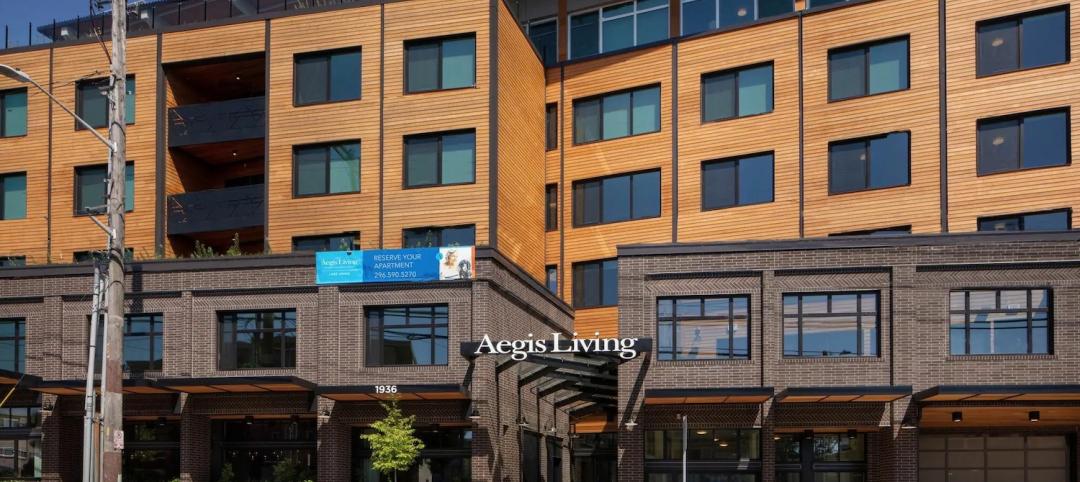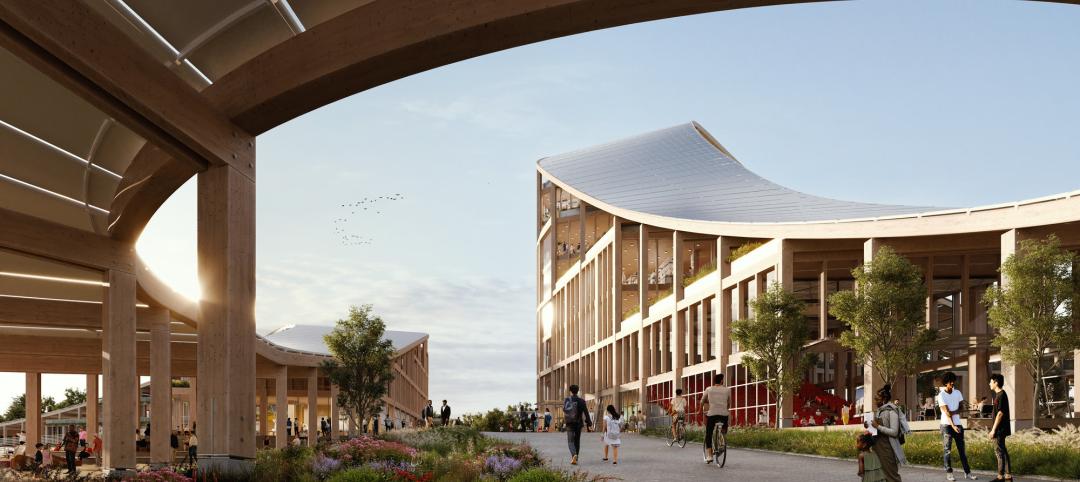Carbon dioxide has become far too prevalent in our atmosphere and is a large component of greenhouse gases that many believe are responsible for climate change. But what if this excess carbon dioxide could be harvested from the atmosphere, repurposed, and used to make a clean, renewable energy source that already exists more efficient?
It sounds like a plan Doc Brown would have concocted and then hurriedly told Marty McFly about as a group of angry terrorists bared down on them, but this isn’t the stuff of science fiction like a flux capacitor, this is very much based in reality.
GE believes it has found a way to harvest CO2 and use it to create solar batteries, Digitaltrends.com reports. Solar energy is a great source of renewable energy, but there is a problem: the sun needs to be shining in order to harness its power. Currently, there isn’t a very efficient means of storing energy produced from solar power to keep it available to the grid whenever it is needed, even if the sun isn’t currently shining, but that could all change.
Here is how the two-stage process works: solar energy would be captured and stored in a liquid of molten salt. Harvested and stored CO2 would then be cooled into dry ice and, when power is needed, the salt would turn the dry ice CO2 into a “supercritical” fluid (which is defined as matter that does not have specific liquid or gas phases). This supercritical fluid would then flow into a CO2 turbine called a sunrotor and the energy would be disseminated as needed.
If it seems complicated, well, that’s probably because it is. But don’t worry, just because something being complicated often times means it is inefficient and/or expensive, that isn’t the case here.
Not only would the process be cheap since energy isn’t being made, just transferred, the sunrotors would also be able to operate with 68% efficiency. Gas power plants are typically only able to achieve 61% efficiency.
However, this process and the sunrotors are still a good five to 10 years away from actually being put into use, but the fact that the technology exists to not only suck some CO2 out of the atmosphere but to also use it to make renewable, clean energy sources more efficient and practical makes this a classic two birds with one stone scenario.
The overall effect of these sunrotors and this CO2 harvesting/storing process is reduced usage of fossil fuels for power generation, which would only work to eliminate even more CO2 from the atmosphere.
Related Stories
Mechanical Systems | Jun 16, 2023
Cogeneration: An efficient, reliable, sustainable alternative to traditional power generation
Cogeneration is more efficient than traditional power generation, reduces carbon emissions, has high returns on the initial investment, improves reliability, and offers a platform for additional renewable resources and energy storage for a facility. But what is cogeneration? And is it suitable for all facilities?
Multifamily Housing | Jun 15, 2023
Alliance of Pittsburgh building owners slashes carbon emissions by 45%
The Pittsburgh 2030 District, an alliance of property owners in the Pittsburgh area, says that it has reduced carbon emissions by 44.8% below baseline. Begun in 2012 under the guidance of the Green Building Alliance (GBA), the Pittsburgh 2030 District encompasses more than 86 million sf of space within 556 buildings.
Resiliency | Jun 14, 2023
HUD offers $4.8 billion in funding for green and resilient building retrofit projects
The Department of Housing and Urban Development (HUD) recently released guidelines for its Green and Resilient Retrofit Program (GRRP) that has $4.8 billion for funding green projects.
Steel Buildings | May 19, 2023
New manufacturing processes can make steel construction a greener option and add U.S. jobs
“Green steel” that is manufactured using hydrogen generated with renewable energy makes its use as a building material more feasible for environmentally conscious designers and clients. Sustainable manufacturing processes, which are economically viable in the U.S., could also revive steelmaking in the country as the metal becomes more attractive for green building.
Office Buildings | May 15, 2023
Sixteen-story office tower will use 40% less energy than an average NYC office building
This month marks the completion of a new 16-story office tower that is being promoted as New York City’s most sustainable office structure. That boast is backed by an innovative HVAC system that features geothermal wells, dedicated outdoor air system (DOAS) units, radiant heating and cooling, and a sophisticated control system to ensure that the elements work optimally together.
Headquarters | May 9, 2023
New Wells Fargo development in Texas will be bank’s first net-positive campus
A new Wells Fargo development in the Dallas metroplex will be the national bank’s first net-positive campus, expected to generate more energy than it uses. The 850,000-sf project on 22 acres will generate power from solar panels and provide electric vehicle charging stations.
Senior Living Design | May 8, 2023
Seattle senior living community aims to be world’s first to achieve Living Building Challenge designation
Aegis Living Lake Union in Seattle is the world’s first assisted living community designed to meet the rigorous Living Building Challenge certification. Completed in 2022, the Ankrom Moisan-designed, 70,000 sf-building is fully electrified. All commercial dryers, domestic hot water, and kitchen equipment are powered by electricity in lieu of gas, which reduces the facility’s carbon footprint.
Mass Timber | May 1, 2023
SOM designs mass timber climate solutions center on Governors Island, anchored by Stony Brook University
Governors Island in New York Harbor will be home to a new climate-solutions center called The New York Climate Exchange. Designed by Skidmore, Owings & Merrill (SOM), The Exchange will develop and deploy solutions to the global climate crisis while also acting as a regional hub for the green economy. New York’s Stony Brook University will serve as the center’s anchor institution.
Concrete Technology | Apr 24, 2023
A housing complex outside Paris is touted as the world’s first fully recycled concrete building
Outside Paris, Holcim, a Swiss-based provider of innovative and sustainable building solutions, and Seqens, a social housing provider in France, are partnering to build Recygénie—a 220-unit housing complex, including 70 social housing units. Holcim is calling the project the world’s first fully recycled concrete building.
Green | Apr 21, 2023
Boston to adopt stringent climate-friendly building code
Boston will soon adopt a new stringent green state building code that aims to significantly reduce carbon emissions in new construction and major renovations.


